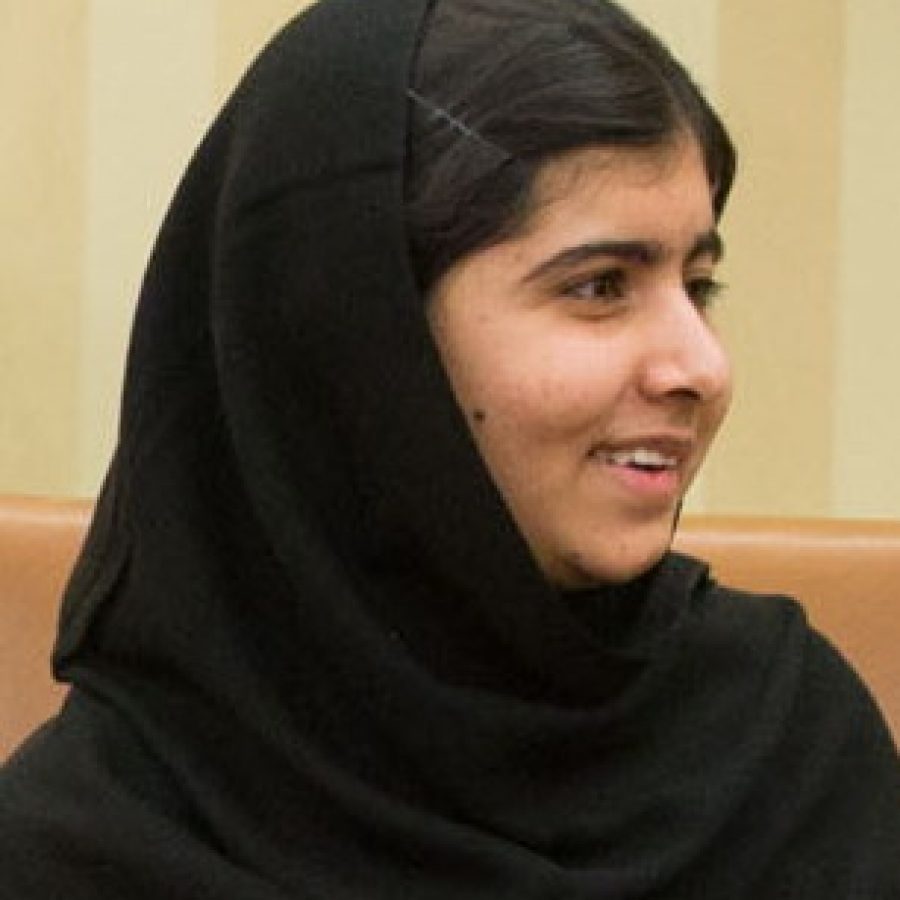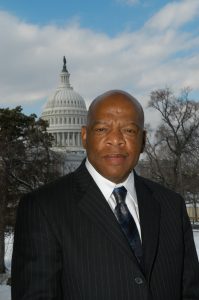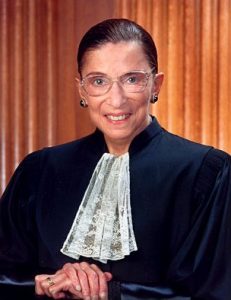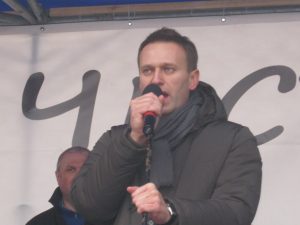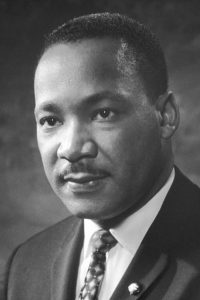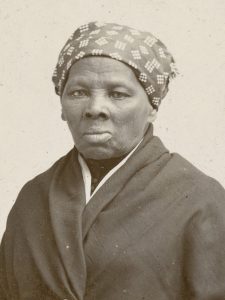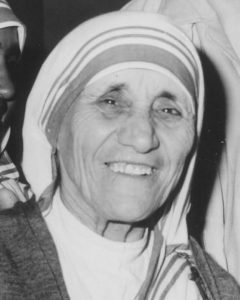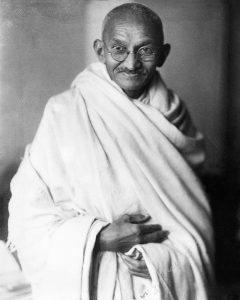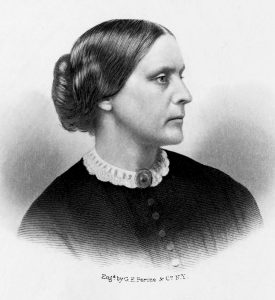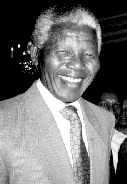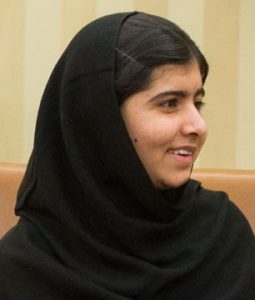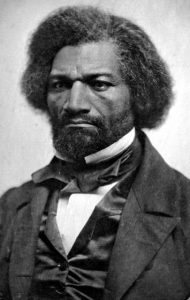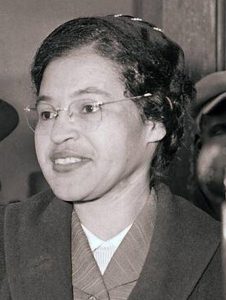Malala Yousafzai
(1997– )
Malala Yousafzai was born on July 12, 1997, in Mingora, Pakistan’s Swat Valley. She is a global advocate for girls’ education and the youngest Nobel Peace Prize laureate. Her story of survival and courage in the face of violence has made her one of the most inspiring voices of the 21st century.
Malala grew up in a family that valued education, thanks in large part to her father, Ziauddin Yousafzai, who ran a school and encouraged her learning. When the Taliban took control of Swat Valley, they imposed strict rules forbidding girls from attending school. Malala defied these restrictions, writing an anonymous blog for the BBC about life under Taliban rule and her determination to continue her education.
Her activism made her a target. On October 9, 2012, a Taliban gunman boarded her school bus and shot her in the head. Miraculously, she survived after intensive medical treatment in Pakistan and later in the United Kingdom. The assassination attempt only amplified her voice on the global stage.
Since her recovery, Malala has become a leading advocate for girls’ education worldwide. She co-authored I Am Malala, a bestselling memoir, and co-founded the Malala Fund, which supports education initiatives in conflict-affected countries. She has spoken at the United Nations and worked with world leaders to prioritize education as a human right.
In 2014, at age 17, Malala became the youngest person ever awarded the Nobel Peace Prize. She has since graduated from Oxford University and continues to use her platform to champion equality, peace, and education for all.
Malala Yousafzai is celebrated in the Good Trouble Makers Hall of Fame because she risked her life to defend a fundamental right: the right to learn. Her courage proves that even the youngest voices can make Good Trouble and change the world.

